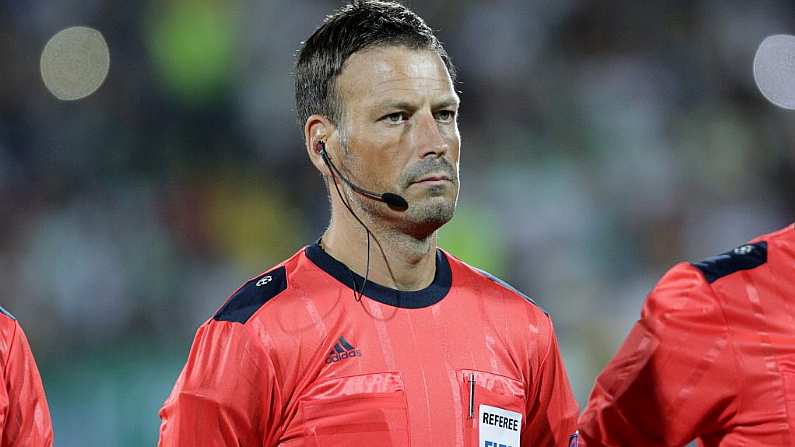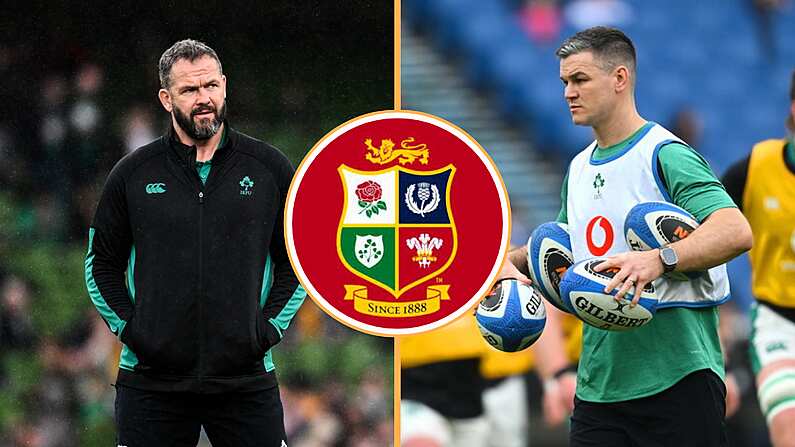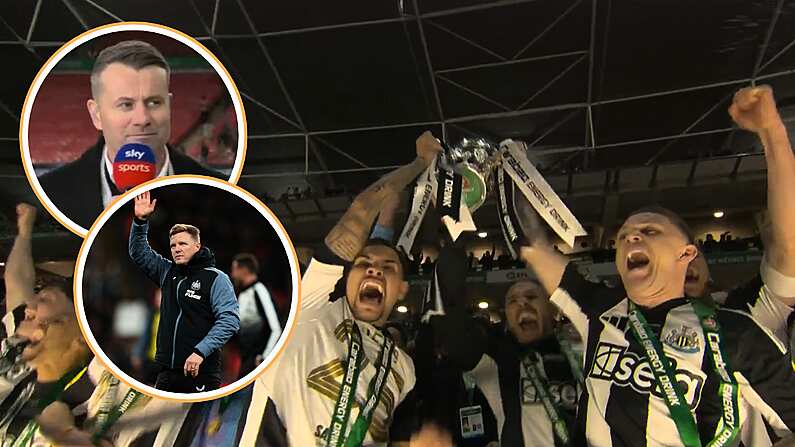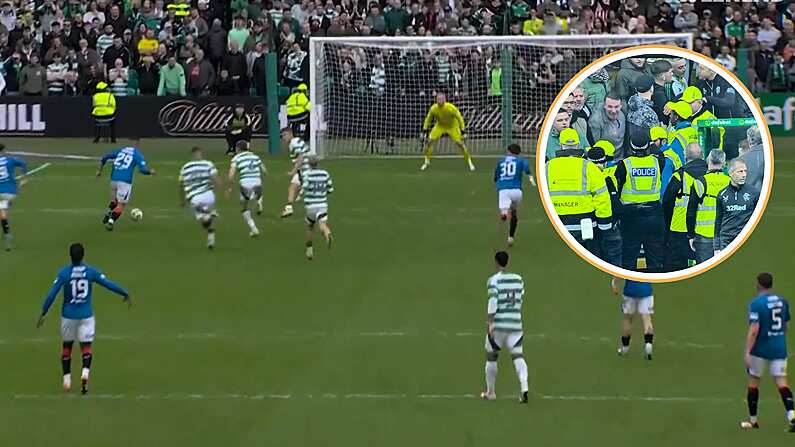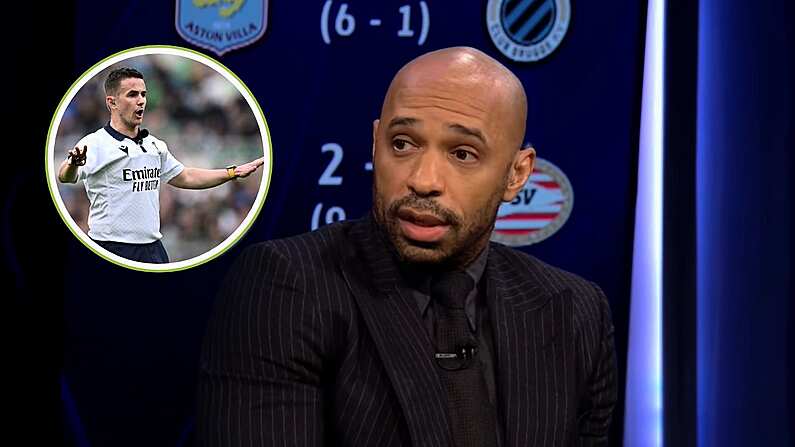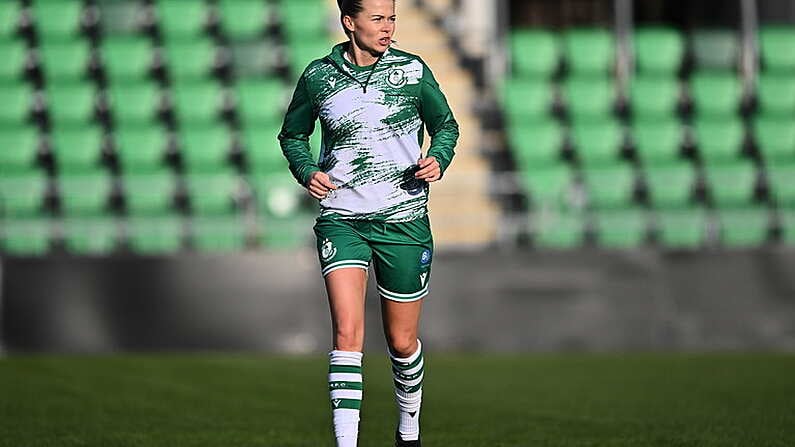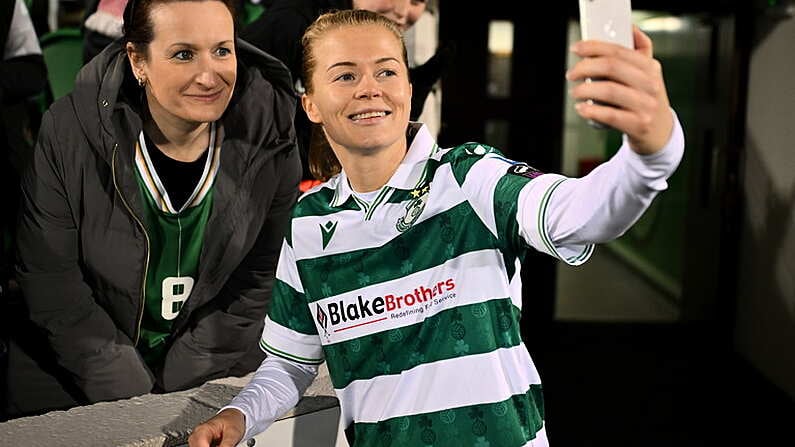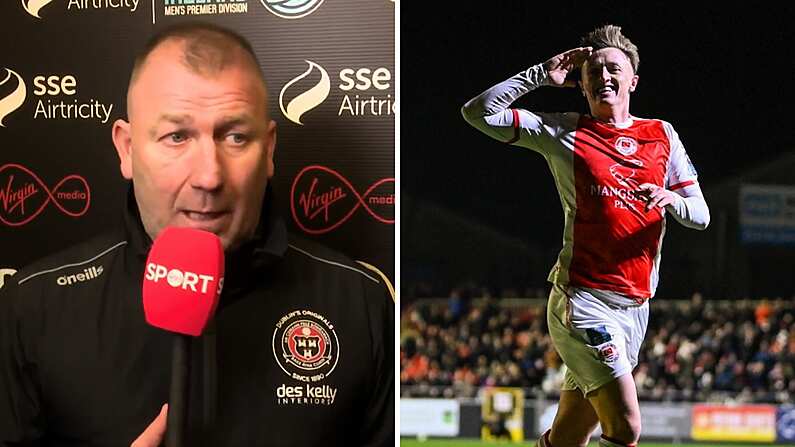Referee Craig Pawson has been the central figure in both of the VAR-induced 'scandals' that have gripped English football in recent weeks.
Officiating Chelsea's FA Cup third-round replay against Norwich City, and Liverpool's fourth-round tie against West Bromwich Albion, Pawson was roundly targeted for his initial under-use, and eventual over-use of the new technology.
Although many fans have firmly ensconced themselves in the camps for and against the technology already, even those willing to embrace VAR tend to share the concerns of the dissenters; it is too slow.
While it would seem natural that such a major change requires a period of time to assimilate itself appropriately, Mark Clattenburg, a former Premier League referee who now operates as the Head of Refereeing for the Saudi Arabian Football Federation, has his concerns.
Writing in The Times, Clattenburg suggests that VAR is giving referees the opportunity of "hiding away" from bad decisions behind the new technology.
Given Pawson's prominence in both contentious games where VAR, even while demonstrating its usefulness, revealed its flaws, Clattenburg couldn't but discuss his feelings regarding a referee who had once been a colleague:
Without the technology there to rescue him, he would have made several mistakes. I think lots of other referees would have made the right decisions.
Although Clattenburg builds this assertion upon the notion that "nobody blames Pawson for what happened", the referee of both the 2016 Champions League final and European Championships final has appeared to suggest that the problem may lie with Pawson himself.
Under the current regulations pertaining to how VAR can be used, it is only the referee who can decide whether or not to implement a call for its usage.
Concerned that performances such as Pawson's are indicative of a weakening in "refereeing standards", Clattenburg again demonstrated how Pawson's performance during the game at Anfield outlined the emergence of this issue:
They must not hide from doing their jobs and making decisions. VAR checks all big decisions anyway so, if there is a mistake, the referee will be encouraged to take a second look.
It may have looked like Pawson asked for a second look after being prompted by Liverpool’s appeals, but that would not have been the case. He would have been advised by VAR.
Clattenburg's overarching concern that to work effectively, VAR decisions must be reached quicker than has hitherto been the case is of paramount importance.
However, his questioning of Pawson's own individual capabilities would appear to suggest that omertà has no role among English referees.

